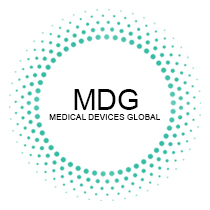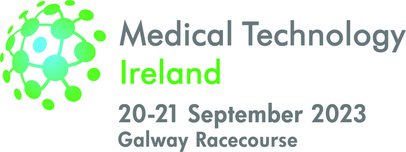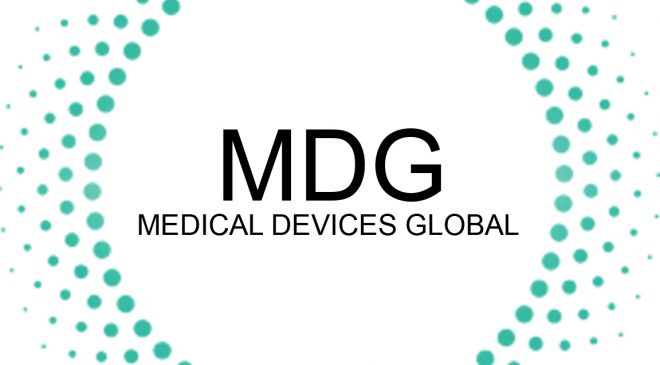In the ever-evolving landscape of healthcare, data security and interoperability have become crucial factors for seamless and efficient delivery of patient care.
To address these challenges, the integration of blockchain technology in medical devices has emerged as a game-changer. Blockchain offers a decentralized and secure platform that has the potential to transform data management, enhance patient privacy, and facilitate interoperability among healthcare providers.
In this article, we will explore the impact of medical device blockchain on data security and interoperability in 2023 and its potential to revolutionize the healthcare industry.
Enhancing Data Security:
Data breaches and unauthorized access to sensitive medical information have been a growing concern in recent years. Medical device blockchain provides a robust solution to this problem by offering a tamper-proof and transparent platform for storing and managing healthcare data.
In 2023, blockchain technology is being employed to create immutable records of patient data, ensuring its integrity and security. With blockchain’s cryptographic techniques and distributed ledger system, healthcare organizations can protect patient information from cyber threats and unauthorized access, providing patients with greater peace of mind regarding the security of their personal health data.
Facilitating Interoperability:
The lack of interoperability among different healthcare systems and devices has been a major obstacle in seamless care coordination. Medical device blockchain holds the potential to overcome this challenge by establishing a standardized framework for data exchange and interoperability.
In 2023, blockchain-based platforms are being developed to enable secure and efficient sharing of medical data across various healthcare providers and systems. By creating a decentralized network, blockchain technology allows for the secure transfer of patient information while maintaining data integrity.
This fosters collaboration among different healthcare stakeholders, enabling them to make informed decisions and provide timely care based on comprehensive patient records.
Enabling Patient-Centric Care:
One of the significant advantages of medical device blockchain is its ability to empower patients and give them greater control over their health data. In 2023, blockchain-based solutions are being designed to provide patients with secure access to their medical records, allowing them to share their data selectively with healthcare providers.
By utilizing smart contracts and permissioned access, patients can determine who can view their medical information, ensuring privacy and consent. This patient-centric approach promotes active involvement in healthcare decision-making and facilitates personalized care delivery based on accurate and complete patient data.
Streamlining Healthcare Processes:
The integration of medical device blockchain also has the potential to streamline healthcare processes and reduce administrative burdens. In 2023, blockchain technology is being leveraged to automate and secure tasks such as claims processing, billing, and supply chain management.
By utilizing smart contracts and distributed ledger systems, healthcare organizations can minimize manual errors, eliminate intermediaries, and streamline transactions, leading to improved operational efficiency and cost savings.
Challenges and Future Outlook:
While medical device blockchain holds immense promise, its widespread adoption does come with certain challenges. These include regulatory considerations, scalability, and the need for standardized protocols. However, ongoing research and collaboration within the healthcare industry are actively addressing these issues to harness the full potential of blockchain technology in healthcare.
Looking ahead, the future of medical device blockchain appears promising. As more healthcare organizations embrace blockchain solutions, we can expect enhanced data security, seamless interoperability, and patient-centric care to become the new norm.
With the potential to transform healthcare data management, medical device blockchain is poised to revolutionize the industry, ultimately leading to improved patient outcomes and a more efficient and interconnected healthcare ecosystem.
Conclusion:
In 2023, the integration of blockchain technology in medical devices is paving the way for enhanced data security and interoperability in the healthcare industry. By leveraging blockchain’s decentralized nature and cryptographic techniques, medical device blockchain ensures the integrity, privacy, and secure exchange of patient data. With its potential to facilitate interoperability, empower.



